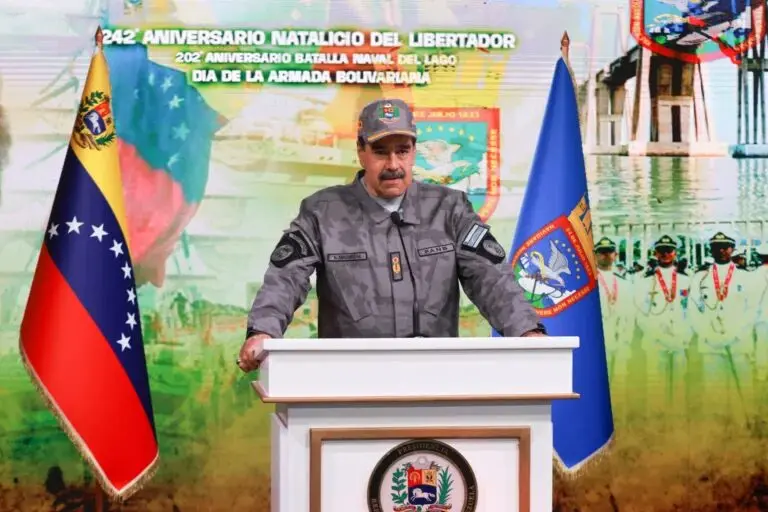CHÁVEZ AND THE RESURRECTION OF A PEOPLE
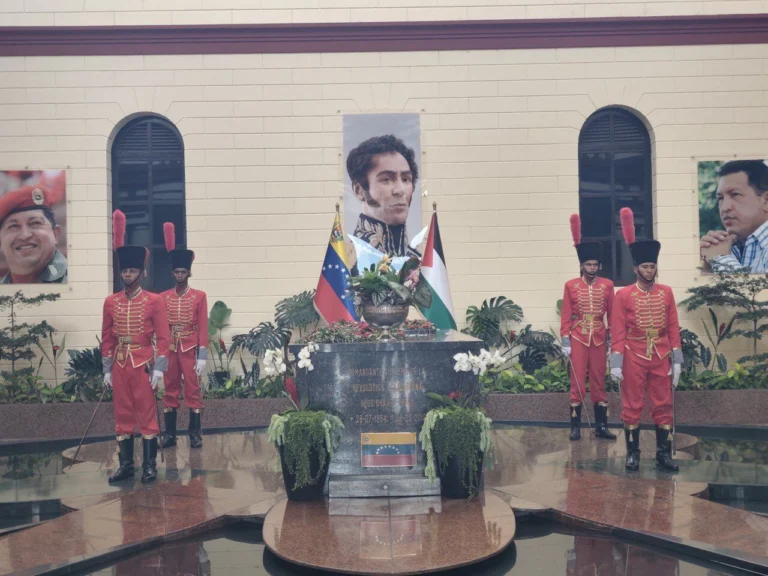
July 29, 2025 Hour: 8:12 pm
Several countries around the world celebrated this July 28th the birthday of Commander Hugo Chávez, the idealizer and leader of the Bolivarian Revolution. He would have turned 71. He is a central figure in history, one of the leaders of the 21st-century Latin American integration process and in the construction of a multipolar world.
Related:
Venezuelans Commemorate 71st Anniversary of Commander Chavez’s Birth
PARTICIPATORY AND PROTAGONIST DEMOCRACY
Hugo Chávez led a unique process in the contemporary context, a revolution that changed the Constitution of a country. However, unlike other similar processes, this one took place peacefully and through voting, permanently changing the social and political reality of Venezuela.
His legacy with the Venezuelan people ranges from the nationalization of the means of production, such as oil and gas, to agrarian reform, the end of illiteracy, infant mortality, and hunger.
Among the main transformations promoted by his government is the idea of participatory democracy and popular power, creating a new concept of politics: the mission of creating a Communal State.
Venezuela is today the country in the world with the highest number of elections and popular consultations for its people. Voting is the final act of a process that began with numerous meetings, debates, and mobilizations in each of the 5,336 communes and communal circuits throughout the country. Millions of people organize from the grassroots and are the protagonists of all the country’s social transformations. In their own territories, they decide where state resources should be invested.
This is Chávez greatest legacy for the Fifth Republic, the Bolivarian Republic of Venezuela. The people assume responsibility for projects and their execution, the resources of which are distributed by the State. Chávez called this the 21st-century socialism.
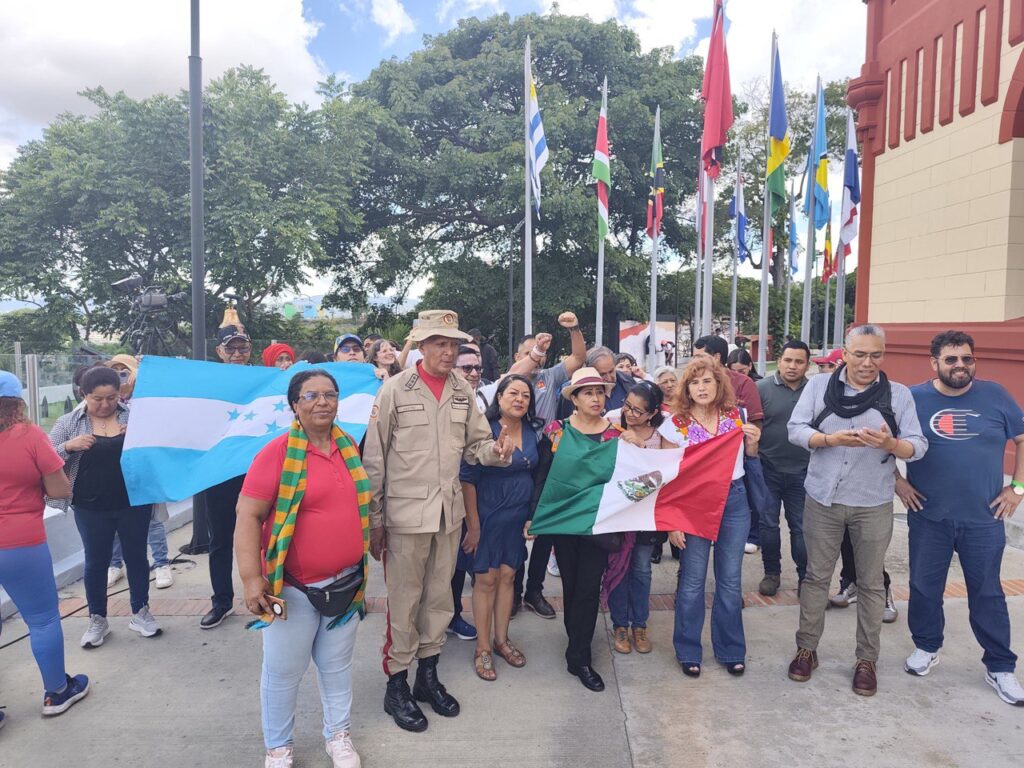
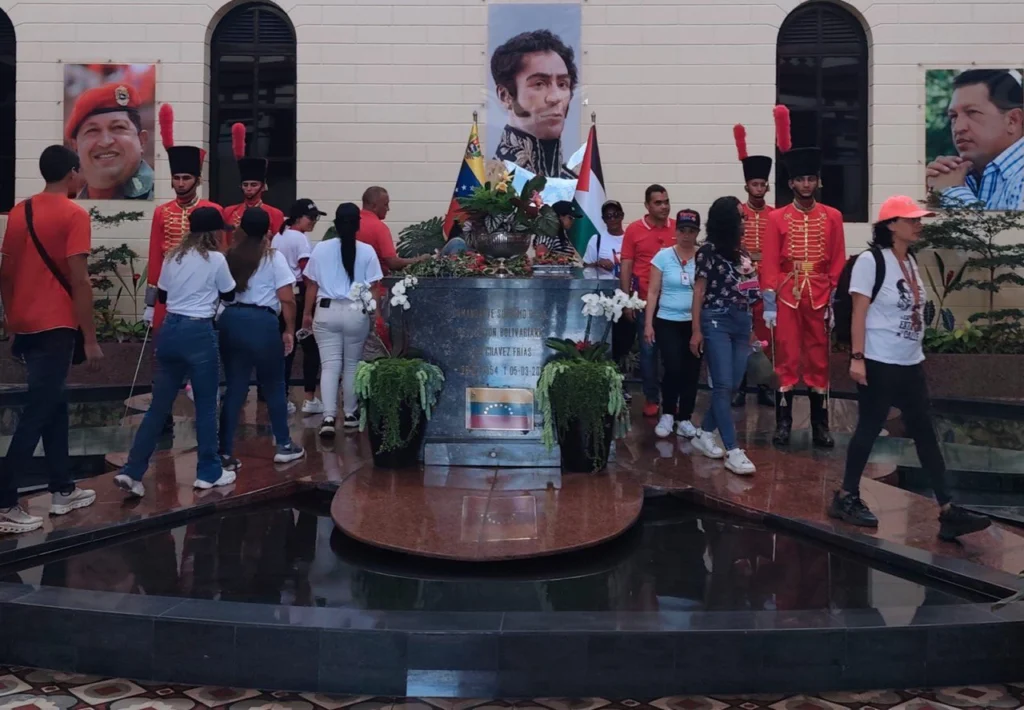
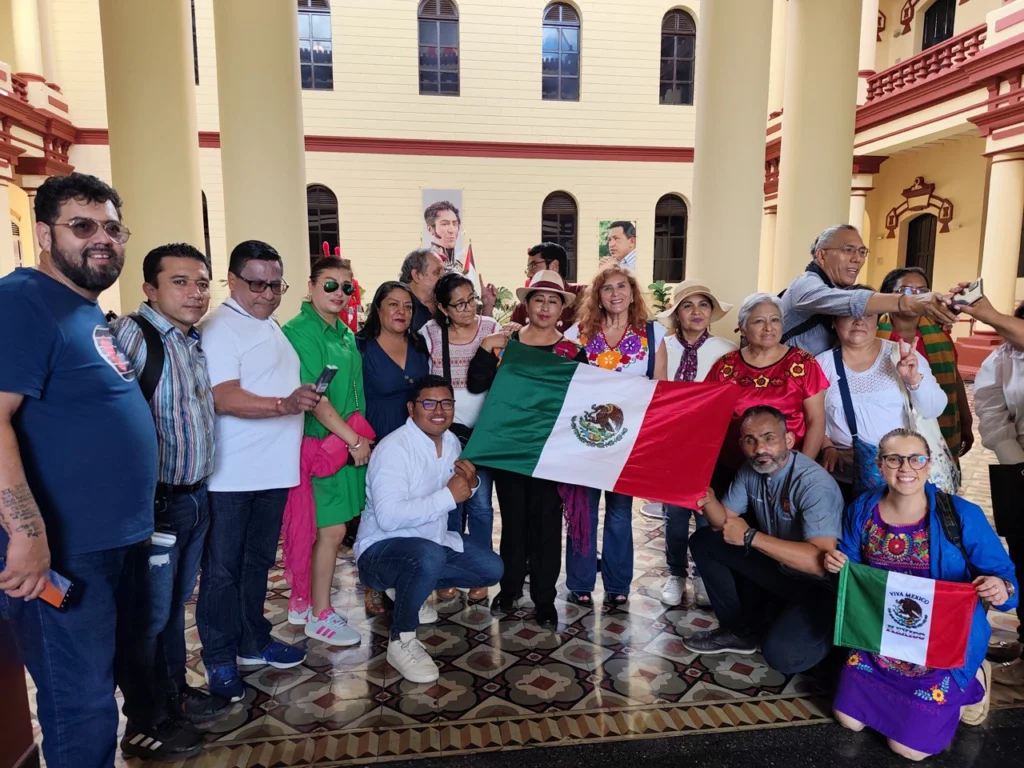
LATIN AMERICAN INTEGRATION
Another important legacy of the Comandante, as Latin Americans affectionately call him, is the recovery of Simón Bolívar’s thought: removing it from academic debate and placing it in political reality. Through the concept of “Patria Grande,” which was written in the “Letters from Jamaica” at the beginning of the 19th century, when the Liberator was in exile, he idealized a union of independent American nations as the key to the continent’s freedom and prosperity.
The Venezuela off Chávez became an international political player, creating MERCOSUR, UNASUR, and CELAC. These international organizations are central today to overcoming the continent’s dependence on the United States and deepening friendships and brotherhood among the Latin American peoples.
THE MULTIPOLAR WORLD
Chávez criticized the influence of the United States and defended the need for a world with multiple centers of power, where different visions and interests were considered.
His international legacy was the promotion of integration and cooperation among countries in the southern hemisphere, what he called the Global South, seeking alternatives to the economic and political model led by the Global North.
Thus, Hugo Chávez’s thinking lives on in the hearts and minds of Venezuelans, Latin Americans, and all those around the world who believe in building a more just world and with a greater sense of solidarity.
Author: Bruno Falci / Telesur


